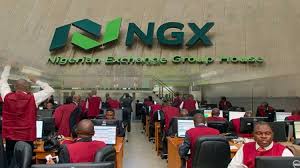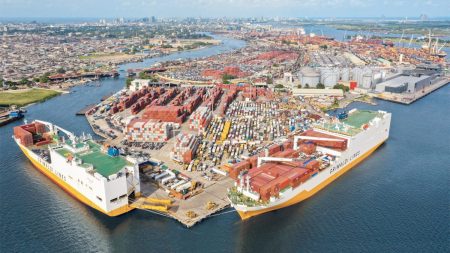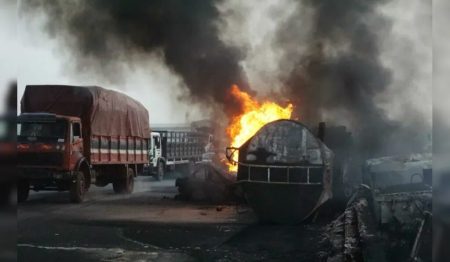 05 December 2015, Sweetcrude, Port Harcourt – It was six weeks of total madness in the Niger Delta city of Port Harcourt where at the height of the scarcity, 10 litres of petrol sold for N5,000.00. According to the host of a radio talk show, the positive side to the saga was the absence of traffic jams in a city that had patented the malaise and had begun to franchise it to neighbouring cities like Aba and Yenagoa.
05 December 2015, Sweetcrude, Port Harcourt – It was six weeks of total madness in the Niger Delta city of Port Harcourt where at the height of the scarcity, 10 litres of petrol sold for N5,000.00. According to the host of a radio talk show, the positive side to the saga was the absence of traffic jams in a city that had patented the malaise and had begun to franchise it to neighbouring cities like Aba and Yenagoa.
No amount of humour can take away the excruciating suffering of the people of Nigeria in this last period of energy crisis. Industries were shut and production activities were grounded but the unendurable aspects of the saga manifested in the chaos experienced in hospitals, medical laboratories and health care centres generally. Patients in operating theatres were taken out dead or dying to nowhere as other centres were closed or closing; doctors, nurses and other care givers stayed in their homes and awaited the resuscitation of a collapsed transportation system. Nigerians were perplexed, angry and confused at the inability of the new government to come to grips with the challenges faced by the people, several months after a hope-filled inauguration.
What is the cause of the new government’s inability to establish a fuel supply system that would be sustainable and secure in its continuity? Did the new government not develop a strategy for removing fuel scarcity from the national experience of Nigerians? At the height of her reign at the NNPC Towers, Diezani Alison-Madueke introduced the crude swop system whereby the NNPC bought 445,000 barrels of crude daily from producers at prevalent international market prices, granted about 260,000 of it to three domestic entities and one international entity who took out the crude for refining, ostensibly for re-injection into Nigeria’s fuel supply stream. The residue was left for domestic refining. As Mrs. Alison-Madueke’s ministry accounted to no one and answered no questions about the volume of crude “swopped” that found its way back into the Nigerian chain, it was dubbed as a fraudulent programme. The new government continues the swop programme with a new feature: the whole 445,000 barrels are swopped for refined products but as with Mrs. Alison-Madueke’s programme, the new government does not account to anyone as to the amount returned as refined products and no one has the means to track the movement of the swopped barrels of crude.
Apart from falling short of the expectations of the Nigerian electorate that bought into the new government’s change mantra, it is obvious the Buhari government was unprepared for the electoral success it won. The Nigerian public expects that the new government should be able to maintain the supply levels if for the sake of coming into the game newly, it is unable to exceed it. They are baffled that six months after its inauguration, President Buhari’s government has no idea about maintaining a steady fuel supply system that is devoid of the corrupt subsidy system that it campaigned against. It is a howling discredit to his government that Muhammadu Buhari still pays the subsidy he told the Nigerian electorate he has no understanding about or sympathy for.
Oil prices are in precarious conditions and shale gas is soaring in popularity and acceptability yet a government that relies on oil and gas has not made any credible pronouncement as to the way forward on alternative sources of income or a coherent energy policy that will see Nigeria’s reservoir of gas replacing crude as the major income earner within an acceptable range of time. Nigeria’s current oil reserves shall peter out in less than forty years but its gas reserves promise to outrun another century. A country with such rare promise in gas ought to be in the front row of gas exporting countries, deploying the resource not only to serve its budgetary needs but also to stabilise international trade and buy front stakes in international politics.
Nigerians did vote for change, not of faces but attitudinal approach in the management of public and government business. As things stand, Nigerians have not seen any real change but are still patient in the optimism that the promised change shall become manifest soon and as Senator Ben Murray Bruce has suggested, the people did not vote in a new government to take stock of the failures of the old one but to correct them and to provide for them within acceptable time limits, the assurances they have a right to expect.



